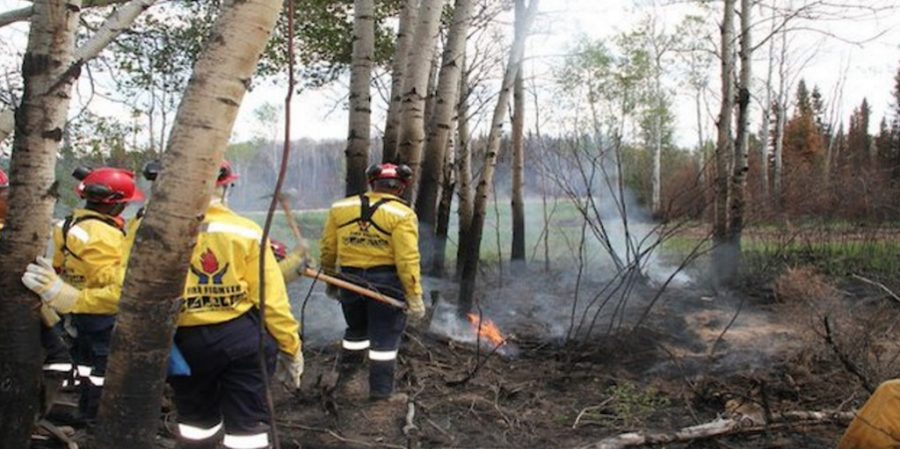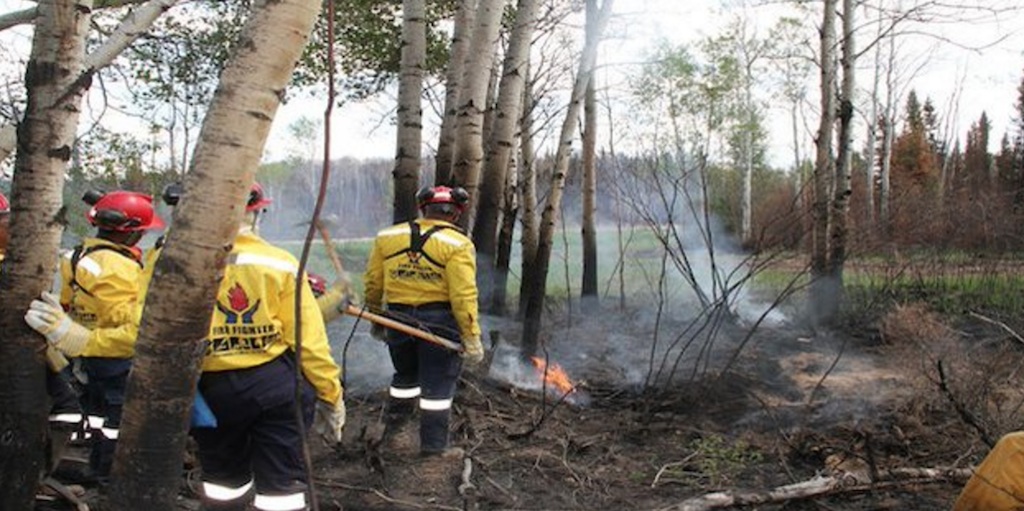
SA Firefighters Earn More “in Real Terms” than Canadians, Says Employer
The company responsible for the South African firefighters who went to help fight blazes in Canada but returned after a pay dispute over their wages said the South Africans earn more than their Canadian counterparts “in real terms”. The 301 South Africans arrived in Canada to help fight wildfires there. After reports surfaced that they were […]

The company responsible for the South African firefighters who went to help fight blazes in Canada but returned after a pay dispute over their wages said the South Africans earn more than their Canadian counterparts “in real terms”.

The 301 South Africans arrived in Canada to help fight wildfires there. After reports surfaced that they were receiving only CAN$50 a day – or $4 an hour for 12 hours – while the minimum wage in Alberta was $11.20 an hour, they downed tools. It was also reported that the employer, Working on Fire, was being paid $170 per firefighter per day. WOF sent a team to Canada to negotiate. It demobilised the team, which arrived back in SA on the weekend.
In a statement on Wednesday, WOF explained how the money paid by Canada had been divided up. Referring to the figure of CAN$170 mentioned in the media, WOF said the agreed project flat rate was CAN$172.88 including VAT “on costs other than salaries and wages”.
Of the total, it said, WOF received 30 percent for supplier costs – R5,8 million, or CAN$47 per day per firefighter. A further 9.6 percent – what it called “a maximum standard implementing fee” – was paid to WOF’s holding company Kishugu. The remaining 17 percent, or R3.3 million – $27 per firefighter per day – would be used to “employ additional unemployed youth” as part of WOF’s programme.
As for the firefighters’ remuneration , WOF said its basic firefighters had earned CAN$65 excluding VAT a day, which was made up of a $50 international out-of-country allowance, $9.17 “normal South African salary” and a $5.83 “standard in country away from home base allowance”.
WOF said that once cost-of-living adjustments had been made, South African firefighters made R26,519 while Canadians made R20,359 (or R38,880 in Canadian terms).
“By adjusting for the local cost of living it becomes evident that the Working on Fire firefighters, deployed to assist with the Alberta wildfires, earn more than the standard Canadian firefighting wages in real terms,” WOF said.
Saying it was not sure how the dispute started in the first place, WOF said it wanted to ensure that a similar incident did not occur again.
This rate included comprehensive medical, personal injury, compensation and death insurance; mobilisation and demobilisation costs’; remuneration and associated benefits to crew; supplies; training; travel and vehicle hire; personal protective clothing; equipment; and incidentals.
WOF said that following recent negotiations with the firefighters and Canadian authorities, a new proposed budget would be agreed on and settled within three months.
“In the meantime, the total foreign allowance portion of the firefighter’s remuneration (including an additional hourly rate while working in Alberta) was paid into each firefighter’s Foreign Travel Debit Card Account.”